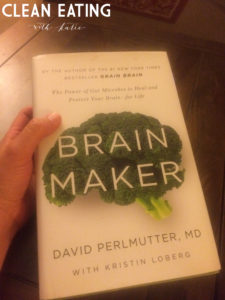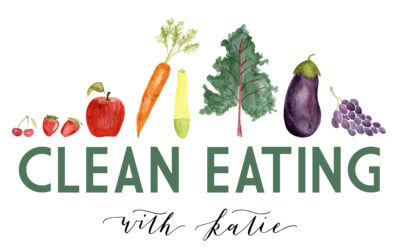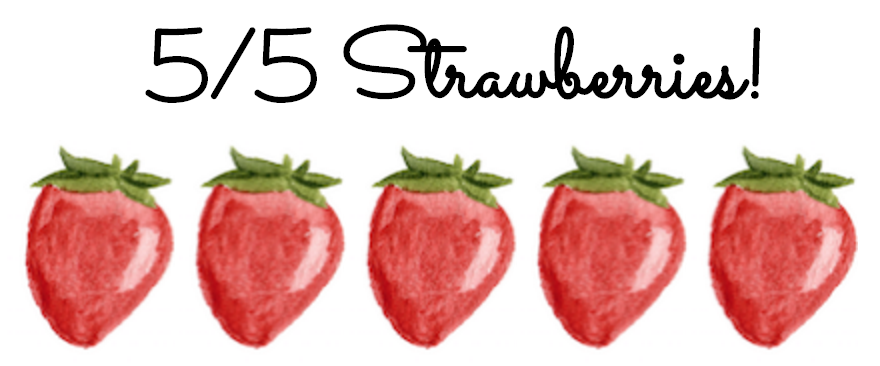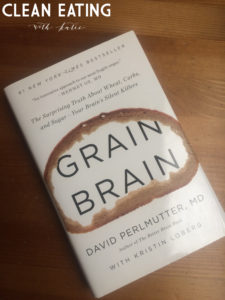Gluten is one of the proteins found in several grains including wheat, barley, rye, bulgar, sometimes oats, and possibly spelt and kamut. There are several problems when it comes to digesting this protein. First, gluten is an inflammatory that damages internal organs and tissues. When a pe rson’s body has a negative reaction to a food, the body sends out inflammatory molecules, cytokines, to identify the food as an enemy. The immune system continues to attack the enemy, which can cause damage in the digestive system. These cytokines also cause a great deal of damage in the brain (Perlmutter, 2013).
rson’s body has a negative reaction to a food, the body sends out inflammatory molecules, cytokines, to identify the food as an enemy. The immune system continues to attack the enemy, which can cause damage in the digestive system. These cytokines also cause a great deal of damage in the brain (Perlmutter, 2013).
Furthermore, gluten is one of the few foods that can cross the blood-brain barrier. This barrier exists to protect your brain from things that are foreign. Because it can cross the blood-brain barrier, it can have a negative effect on brain function. Dr. William Davis (2009) examines studies that have shown ingesting wheat has been associated with worse symptoms with those diagnosed with ADHD, schizophrenia, and the autism spectrum.
In addition, gluten also causes spikes in the blood sugar after it is consumed. The glycemic index is the extent of which a food raises a person’s blood sugar (and insulin) relative to glucose (glycemic index of 100). The glycemic index of whole wheat bread is 72, while the glycemic index of table sugar (sucrose) is 59, thus whole wheat bread raises blood sugar more than regular sugar (Davis, 2009; Pollan, 2013). Other physiological effects of gluten consumption include sleepiness after consumption and an increased appetite after consumption (Davis, 2009).
Furthermore, the wheat that we consume today is not genetically or physiologically similar to the wheat of decades ago. The first cultivated wheat, einkorn, has only 14 chromosomes and produces a less stretchy and stickier dough that rises very little (Davis, 2011; Pollan, 2013). It also has a less appealing flavor than the current wheat strains. Current wheat strains, triticum, are genetically very different, having 42 chromosomes, and it produces a much higher yield in the field, and is elastic, pliable, and rises nicely, which is ideal for baking (Davis, 2011; Pollan, 2013).
in the field, and is elastic, pliable, and rises nicely, which is ideal for baking (Davis, 2011; Pollan, 2013).
Additionally, wheat causes an exorphin release (similar to endorphins, but originating from a source outside of your body) in your brain, making your body crave it the more you eat it. Digestion of wheat “…yields morphine-like compounds that bind to your brain’s opiate receptors. It induces a form of reward, a mild euphoria” (Davis, p. 50, 2009). This creates an ongoing cycle of eating wheat and craving wheat that can be hard to break.
Lastly, gluten is so prevalent in foods today that many people consume wheat without even realizing it. Besides the obvious breads, cereals, pastas, cookies, and cakes, gluten is also found in soy sauce, salad dressings, spice packets, cheeses, gravies, sauces, French fries, prescription medications, cosmetics and so much more (Perlmutter, 2013). It also has many aliases as well, including names like modified food starch, hydrolyzed vegetable protein, seitan, and textured vegetable protein, which are misleading and may be challenging to identify as wheat (Davis, 2009).
There is a wealth of evidence showing that gluten has many adverse effects on our health, you’ll have to decide for yourself, is gluten free for you?
Health & Hugs <3,
Katie
Sources:
Bauman, E. & Friedlander, J. (2014). Foundations of Nutrition. Penngrove, CA: Bauman College.
Davis, W. (2011). Wheat Belly. New York, NY: Rodale Inc.
Perlmutter, D. (2013). Grain Brain. New York, NY: Little, Brown and Company.
Pollan, M. (2013). Cooked. New York, NY: Penguin Group.
Get off Gluten blog (2014, April) Flowchart of wheat retrieved from http://getoffgluten.blogspot.com/
Mitsides Group (2014, April) Image of wheat retrieved from
http://www.mitsidesgroup.com/lang/en/about-pasta-flour/about-flour/
 e, Dr. Perlmutter goes even further to discuss the links between an unhealthy gut and Autism, ADHD, allergies skin issues, elevated blood pressure, anxiety, depression, chronic fatigue, inflammation, and many, many, more.
e, Dr. Perlmutter goes even further to discuss the links between an unhealthy gut and Autism, ADHD, allergies skin issues, elevated blood pressure, anxiety, depression, chronic fatigue, inflammation, and many, many, more. ghly recommend for those interested in improving their gut health or just like to nerd out on science and healthy living.
ghly recommend for those interested in improving their gut health or just like to nerd out on science and healthy living.



 rson’s body has a negative reaction to a food, the body sends out inflammatory molecules, cytokines, to identify the food as an enemy. The immune system continues to attack the enemy, which can cause damage in the digestive system. These cytokines also cause a great deal of damage in the brain (
rson’s body has a negative reaction to a food, the body sends out inflammatory molecules, cytokines, to identify the food as an enemy. The immune system continues to attack the enemy, which can cause damage in the digestive system. These cytokines also cause a great deal of damage in the brain ( in the field, and is elastic, pliable, and rises nicely, which is ideal for baking (Davis, 2011; Pollan, 2013).
in the field, and is elastic, pliable, and rises nicely, which is ideal for baking (Davis, 2011; Pollan, 2013).